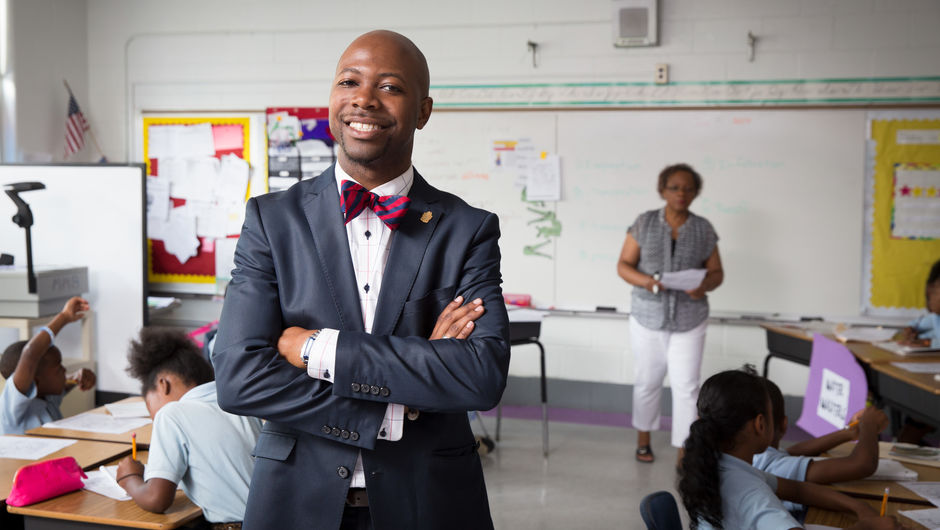You’re all signed up for the Education Slice
Thank you for your interest in our service.
Watch out for a confirmation email from our subscriptions team. Once you have confirmed you will join the community of over 35,000 subscribers who are receiving daily Education intelligence to lead, innovate and grow.
Note: Due to the nature of this message you may find this in your "promotions" or "spam" folders, please check there. If nothing arrives within a few minutes let us know. If you do not receive this email we will be happy to help get you set up.
Adding the email address [email protected], will help to ensure all newsletters arrive directly to your inbox.
Recent Editions

Education Slice
National
The White House has announced that 67 tech companies and associations have signed a pledge supporting the Trump administration's aim of making artificial intelligence (AI) education accessible to all students. The “Pledge to America’s Youth: Investing in AI Education,” signatories of which include Google, Microsoft, IBM, Meta, NVIDIA, MagicSchool, and Varsity Tutors, supports efforts to “provide resources that foster early interest in AI technology, promote AI literacy, and enable comprehensive AI training for educators.” “It is clear there is a lot of energy about AI and how it can be used responsibly in education,” said Education Secretary Linda McMahon. “The resources and tools that have been pledged through this initiative will help our teachers and learners leverage AI in classrooms and communities across America.” The Software & Information Industry Association said it will create a working group among its corporate members to develop strategies for transparently disclosing how AI tools are used in the classroom. It added: These best practices will help companies communicate to the K-12 community, parents, and students about AI’s use in school environments and equip them to responsibly use it."
Full Issue
Education Slice
California
State officials and teacher union leaders have reacted to President Donald Trump's decision to freeze over $6bn in federal K-12 education funding for the upcoming school year. This funding, typically released on July 1, supports essential services like reading and math programs, summer activities, and assistance for migrant and English-learning students. NEA President Becky Pringle called the freeze "outrageous and unconscionable," emphasizing that it undermines public education and harms vulnerable students. California's Superintendent Tony Thurmond estimated that the state would lose about $1bn due to this decision, which he described as a punishment for not aligning with Trump's political ideology. The freeze coincides with the Senate's passage of Trump's One Big Beautiful Bill.
Full Issue
Education Slice
Texas
Texas public schools are receiving an $8.5bn funding boost, the largest one-time investment in recent history, but the mood among educators is mixed. As Casey Adams, superintendent of Woodson ISD, stated, “Why call us independent school districts if you're not going to give us the local control?” The new funding comes with strict regulations that limit how districts can allocate the money, reflecting a lack of trust from state lawmakers. While the funding aims to improve teacher salaries and special education services, many school leaders feel constrained by the restrictions. For instance, the basic allotment per student was only increased by $55, which many argue does not address the varying needs of districts. Despite the challenges, some educators, like Chris Whorton of Mildred ISD, believe the bill will still bring positive changes, stating it will do “really good things” for most districts.
Full Issue
Education Slice
Florida
A federal judge has ruled against President Donald Trump’s executive order aimed at dismantling the Department of Education, mandating the reinstatement of employees affected by layoffs. The Trump administration plans to appeal this decision. In a related development, over $6bn in federal grants for after-school and summer programs are currently withheld as the Education Department reviews them to ensure alignment with Trump's priorities. The grants support essential programs, including English language instruction and adult literacy. Education Department officials stated, "The Department remains committed to ensuring taxpayer resources are spent in accordance with the President’s priorities." Without these funds, many programs may struggle to operate, impacting low-income families and educational support.
Full Issue









